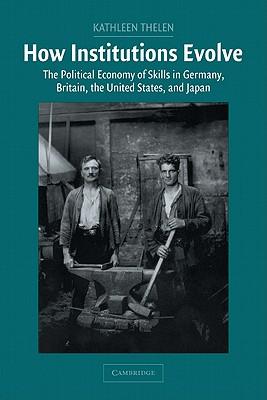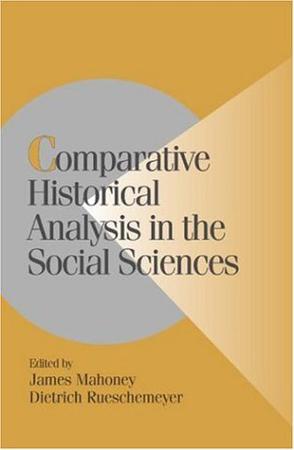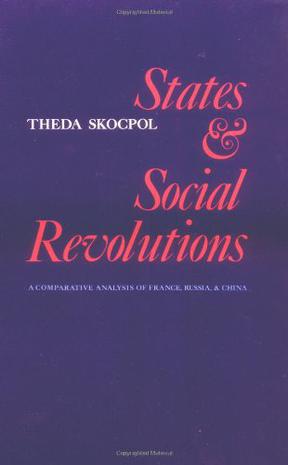-

How Institutions Evolve
Kathleen Thelen explains the historical origins of important cross-national differences in four countries (Germany, Britain, the United States and Japan), and also provides a theory of institutional change over time. The latter is considered a frontier issue in institutionalist analysis, of which there are several varieties emerging from economics, political science, and sociology. Thelen's study contributes to the literature on the political economy of the developed democracies that focuses on different institutional arrangements defining distinctive models of capitalism. -

Comparative Historical Analysis in the Social Sciences
The book considers the past accomplishments and future agendas of comparative-historical research in the social sciences. It defines the distinctiveness of this type of research and explores its strengths in explaining important outcomes (e.g. revolutions, social provision, democracy) in the world. It includes sections on substantive research accomplishments, methodology, and theory, and features essays by some of the most important political scientists and sociologists currently working. This review of the accomplishments and future agendas of comparative historical research in the social sciences explores its strengths in explaining important worldwide outcomes (e.g., revolutions, social provision, democracy). It includes sections on substantive research accomplishments, methodology, and theory, and features essays by some of the most important political scientists and sociologists currently working. -

States and Social Revolutions
This is a 1979 book by political scientist and sociologist Theda Skocpol, published by Cambridge University Press and explaining the causes of revolutions through the structural functionalism sociological paradigm comparative historical analysis of the French Revolution of 1787 through the early 19th century French Revolution, the Russian Revolution of 1917 through the 1930s Russian Revolution and the Chinese Revolution of 1911 through the 1960s Cultural Revolution. Skocpol argues that these three cases, despite being spread over a century and a half, are similar in the sense that all three were Social Revolutions Skocpol asserts that Social Revolutions are rapid and basic transformations of a society's state and class structures. This is different from, for example, a mere 'rebellion' which merely involves a revolt of subordinate classes but may not create structural change and from a Political Revolution that may change state structures but not social structures. Industrialization can transform social structure but not change the political structure. What is unique about Social Revolutions, she says, is that basic changes in social structure and political structure occur in a mutually reinforcing fashion and these changes occur through intense sociopolitical conflict.